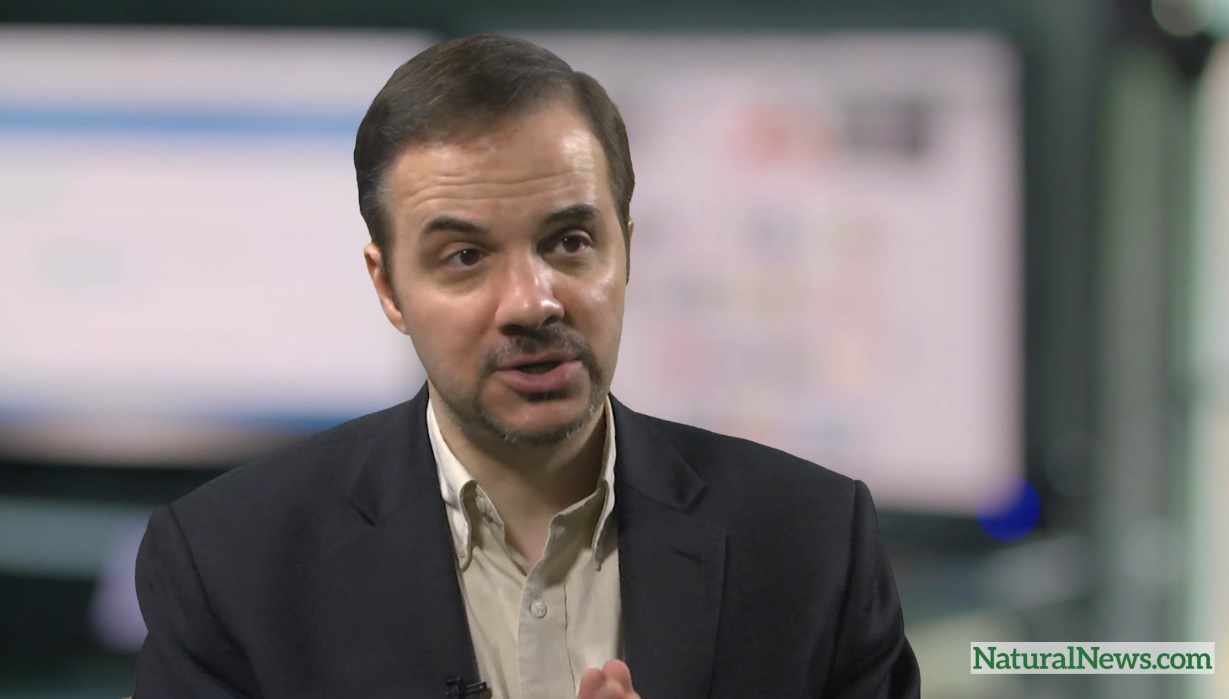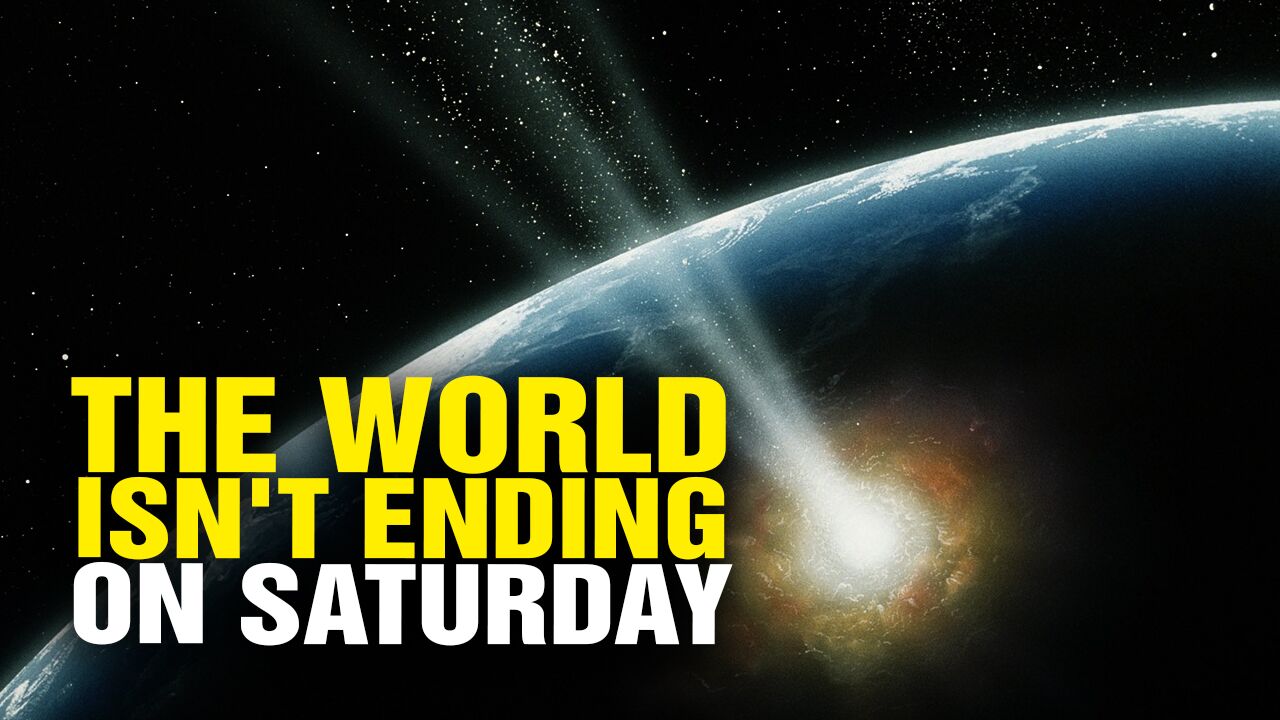Transhumanist candidate Zoltan Istvan promises immortality in 2016 presidential election
01/04/2016 / By Greg White

Would you vote for a presidential candidate whose campaign promises eternal life? If yes, then vote for Zoltan Istvan, a third-party transhumanist presidential candidate, who believes the technology necessary to make humans immortal could be a reality in two to three decades.
Istvan is an ambitious man. He doesn’t just want to beat Trump in the polls by a landslide; he wants to beat death. “I’m hoping I will live indefinitely, that’s a major priority,” Istvan told the Daily Mail. “Even if don’t, I would freeze myself or use some other type of mechanism.”(1)
Transhumanists have contrived various possibilities about how immortality could be achieved, which all sound good in theory, but fail in practice. One possibility purported by Istvan is to download consciousness onto computer hard drives.
“What happens is you take a complete scan of the brain with incredible detail using technology that is already available to some extent,” he said.(1)
“Then in 20 to 30 years when the technology arrives, we upload the detailed scans to a machine, which re-configures the brain circuitry using sophisticated algorithms.”(1)
The goal of transhumanism
According to Istvan, if everything goes according to plan during the process of replication, then it would be possible for people to persist beyond the grave as a disembodied mind.
At this point, Istvan believes people could transform themselves into avatars and live in a virtual reality. The dividing line between humans and machines would be completely blurred.
“In the next 20 years we’re going to become cyborgs, we’re going to become healthier, and probably a lot more interesting.”(1)
That is the promise driving Istvan’s campaign for the Transhumanist party. The intellectual movement is based upon the idea that technology can enable people to achieve physical perfection and immortality.
Artificial intelligence (A.I.) enthusiasts have a history of making grand, exaggerated claims without warrant and Istvan’s campaign is no exception. The problem with proponents of A.I., and scientists in general, is they have a nasty habit of conflating the brain with the latest piece of technology.
At one point, the mind was comparable to a hydraulic machine. At another point, it was comparable to electronic phone switchers, and with the rise of computers, the mind has become comparable to a computational algorithm.
Comparing apples to plastic oranges
As is the case with former brain analogies, the belief that the mind is a computer is fundamentally flawed. Roger Penrose, a professor of mathematics who was also the adviser of world-renowned physicist Stephen Hawking, created a backlash of controversy in his blockbuster book The Emperor’s New Mind, which set out to demonstrate the mind couldn’t be a computer algorithm.(2)
In particular, Penrose deployed Gödel’s first incompleteness theorem to demonstrate that the truth of mathematical assertions are fundamentally non-algorithmic and non-computational. The human mind can comprehend these truths. Therefore, it follows the human mind cannot be instantiated by mere computations.(2)
Although consciousness cannot be replicated by a computer, there is a market for the technology that is trying to make such a feat feasible. Big companies are making major investments in achieving transhumanist goals, which are fundamentally based upon a false doctrine of the human mind.(1)
Among this technology, Istvan hints at Crispr gene editing, which involves artificially snipping and trimming the human genome to our own liking. Unlike other gene editing technologies, however, Crispr technology consists of permanently switching off genes. In theory, researchers could use this technology to weed out the genetic basis for various illnesses.
Of course, comparing genes to switches that can be flipped on and off is as bad as comparing the human mind to an electronic phone board. Deactivating undesirable genes invariably has short-term advantages and long-term disadvantages. The same reasoning holds true with respect to activating desirable genes. You can’t accept a reward without a price.
As is the case with most campaign promises, Istvan’s campaign is offering a golden goose, which is nowhere to be found but in the imagination of the transhumanist party.
Sources include:
(1) DailyMail.Co.uk
(2) PlusMagazine.com
Tagged Under: 2016 presidential election, immortality, transhumanist party, Zoltan Istvan



















